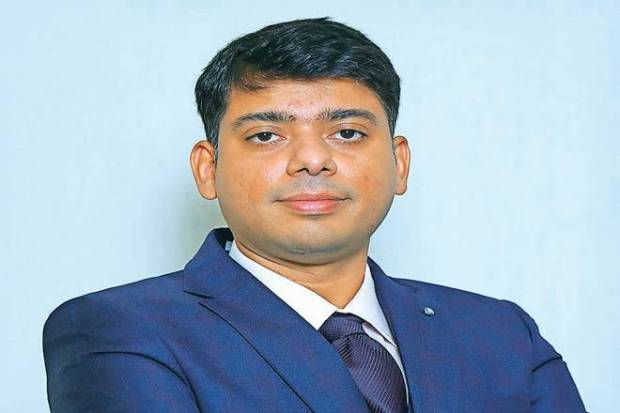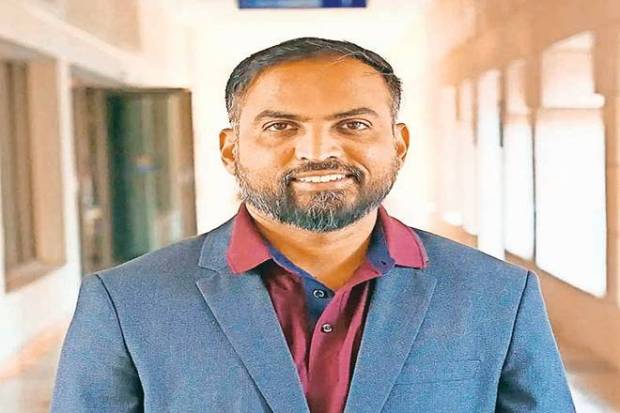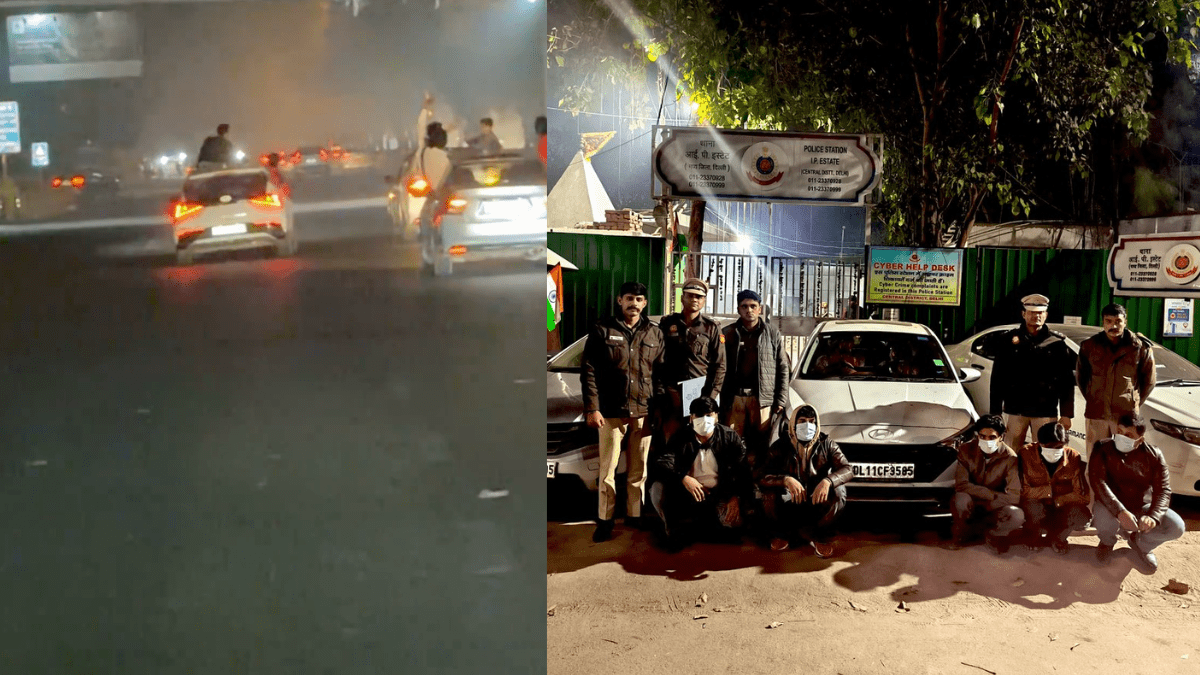Large-scale layoffs by Tata Consultancy Services (TCS) have reignited the debate on the quality of Indian software developers. As artificial intelligence (AI) gains ground, the job market is expected to shift, with more emphasis on creators, builders, and problem-solvers rather than those who simply perform routine tasks. Is the Indian developer facing an existential crisis? Sudhir Chowdhary spoke to industry experts on the impact of AI on the developer community.
Skilling should be a priority

Rajesh Nambiar
President, Nasscom
With any disruptive technologies, we will see shifts, especially as organisations pivot toward product-aligned delivery models, driven by evolving client expectations around agility, innovation, and speed. This is likely to reshape traditional service delivery frameworks and, in the near term, may lead to some workforce rationalisation as traditional skillsets are re-evaluated.
As of August 2022, India had an installed AI talent pool of 425,000 against a demand of 600,000-650,000. With demand expected to grow at 15% CAGR to reach 1.25-1.35 million by 2027, the gap is projected to widen further, potentially reaching 53% if supply doesn’t accelerate. Adaptability, agility and a constant drive towards skilling, re-skilling and cross-skilling, therefore, cannot be an afterthought. A significant progress has been made to prepare talent for this AI-driven era. As of Q4FY25, over 1.5 million professionals have been trained in AI and GenAI capabilities, spanning foundational to advanced levels. In the long run, technology will remain a powerful catalyst for growth. The real differentiator for the tech industry will be talent adaptability.
Time for an HR reboot

Ramesh Jampula
VP – IT, India & APJC CIO, Dell
India has long been the technology backbone of the world, and our developer ecosystem has been central to that story. But as we step into the GenAI era, it’s time for a fundamental reset in how we look at skills, roles, and long-term employability.
AI isn’t here to replace IT professionals; it’s here to redefine their contribution. To stay relevant, IT professionals should focus on building expertise in areas like prompt engineering, data science, cloud-native development, and AI/ML model training. Understanding frameworks for responsible AI, gaining proficiency in tools like Python, TensorFlow, and GitHub Copilot and developing strong problem-solving and cross-functional collaboration skills will be key.
The future developer must go beyond technical proficiency. They need to understand how to build and train AI models, how large language models impact user experience, and how to work within an ethical framework. Indian developers can lead the global shift to AI-enabled software. To sustain the momentum, we need to rethink how we prepare talent, both at the entry level and mid-career. The AI era will reward those who adapt, who stay curious, and who think beyond lines of code. The Indian developer’s dream isn’t over —it’s just beginning a new chapter.
Opening up new avenues

Anshumaan Prasad
Business head, NIIT Digital
AI isn’t crushing the Indian developer’s global dream—it’s redefining it. Just as Y2K once launched Indian IT onto the global stage, the AI wave presents another such opportunity. Sure —AI automates routine coding, but it’s also unlocking exciting new doors. The global demand is skyrocketing for skills in AI/ML, cybersecurity, DevOps, cloud tech, and data engineering. Indian developers who are ready to blend core coding with AI fluency and industry know-how will not just stay relevant—they will become indispensable. AI will be a superpower for those who master it.
The onus is on the education and skill providers to act as the bridge between talent and tomorrow’s tech workforce. We must go beyond traditional curricula and design agile, outcome-focused programmes that blend foundational knowledge with real-world applications. Indian developers who upskill fast and embrace AI’s potential are poised to dominate the global tech scene.
Continuous learning is a powerful currency

Shefali Sharma Garg
Chief people officer – India, Publicis Sapient
What we are witnessing is not an end, but a reinvention of the developer’s role. AI is changing how we build, deliver, and scale, but the core of this shift lies in how we learn and adapt. We believe that continuous learning is the single most powerful currency in this new landscape. The ability to unlearn legacy practices, relearn rapidly, and grow with evolving technology is what defines future-ready talent.
Our internal capability-building framework, powered by Sapient Slingshot, our proprietary AI engineering tool, helps embed this mindset deeply across our teams. Slingshot enhances software development by combining generative AI, domain-trained agents, and an enterprise-grade code library to tackle complex challenges. More importantly, it showcases how humans and AI can partner to drive precision, speed, and innovation.
We are not hiring only for today’s skills. We are cultivating talent with learning agility, curiosity, and the resilience to thrive in ambiguity. Through a multi-level learning ecosystem, we are empowering our people to shift gears, take ownership of their growth, and step into redefined roles where AI is not a replacement but a co-creator. This is not an existential moment for developers; it’s a growth moment. One that demands a shift in mindset and opens up new possibilities.
Madhu Viswanathan

Madhu Viswanathan
Research director – ISB Institute of Data Science (IIDS)
While not an existential crisis, this is certainly a pivotal moment for the Indian developers. They need to reorient in ways their traditional training hasn’t prepared them for. It’s not just about learning AI or cloud tools, but about applying them in context; embedding them into business workflows and outcomes. The role is shifting from execution to judgment: from coding what’s given to deciding what’s worth building.
While firms like Infosys,
TCS, and Wipro have launched internal programmes, and platforms like Coursera offer widespread access, the quality and scale of upskilling remain uneven. More critically, this shift demands a mindset change, from service delivery to problem-solving and product thinking, which can’t be achieved through training alone.
The AI shift is a reckoning—for our education systems, hiring practices, and orientation to work. A full curriculum overhaul is needed and AI, cloud, and data should be core, not electives. Greater emphasis should be on product, deeptech, and AI-native companies, not just services. Vernacular AI, agri-tech, MSMEs, and health tech are under-tapped opportunities.







